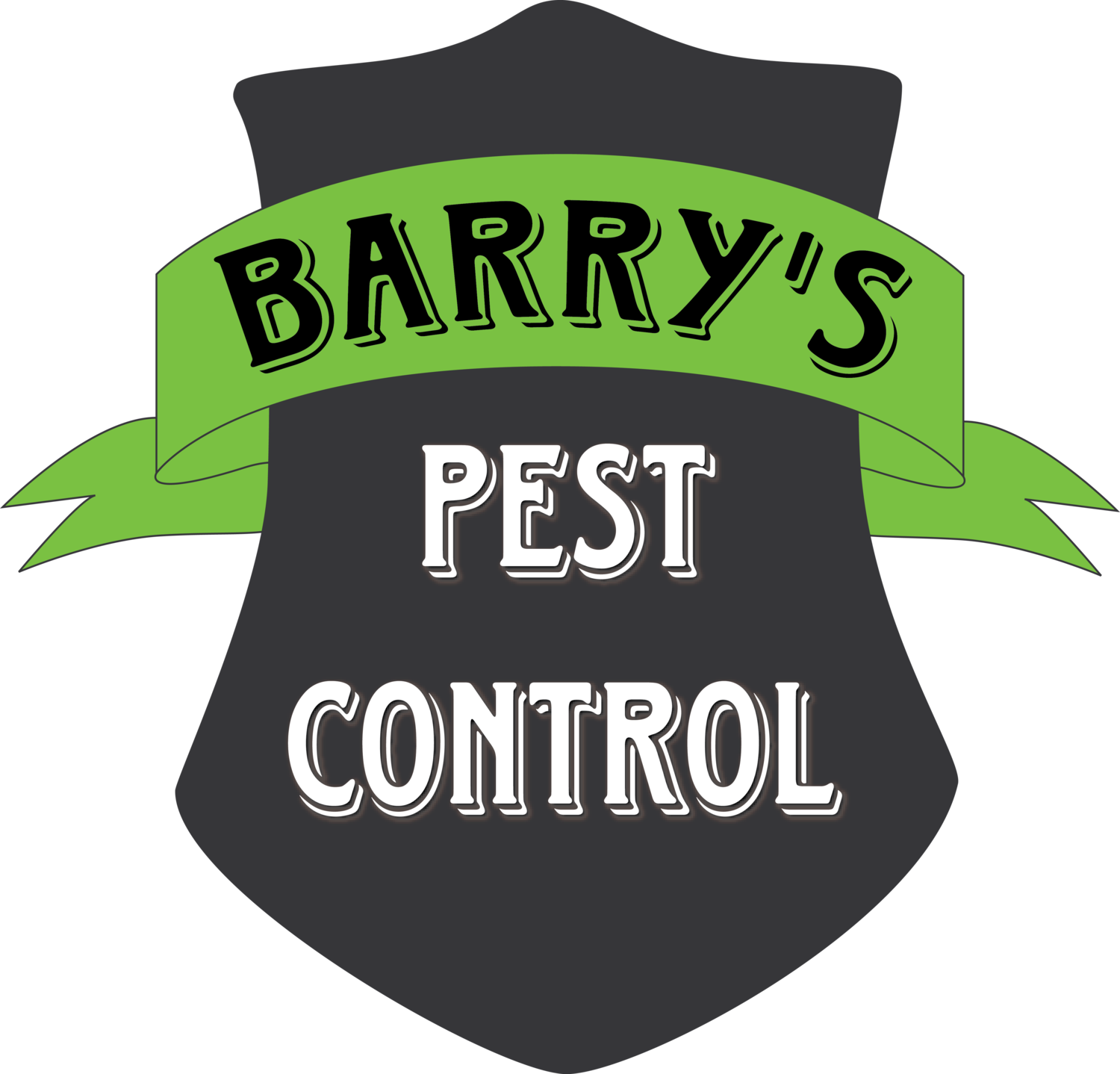Termites
Termites
Appearance:
- Color: Creamy brown
- Legs: 6
- Shape: Long, narrow oval
- Size: 1/8”
- Region: Found throughout the U.S.
General Information: Subterranean termites live underground or in moist secluded areas aboveground. Termite colonies can contain up to 2 million members. They build distinctive “mud tubes” to gain access to food sources and to protect themselves from open air. The characteristics of a subterranean termite are dependent on the termite’s role in the colony. Cream-colored Worker subterranean termites are 1/8 to 3/8’s of an inch in length. Soldier subterranean termites are of a similar body length, but are distinguished by their powerful mandibles, cream-colored bodies and brown heads. Reproductive subterranean termites are approximately one inch long.
Habits: Subterranean termites live underground and build tunnels, referred to as mud tubes, to reach food sources. Like other termite species, they feed on products containing cellulose. Subterranean termites swarm in the spring — groups of reproductive termites go off to start new colonies.
Habitat: Subterranean termites need contact with the soil to survive and live underground. They can build tunnels through cracks in concrete.
Risks: Subterranean termites are by far the most destructive species. They can collapse a building entirely, meaning possible financial ruin for a homeowner. The hard, saw-toothed jaws of termites work like shears and are able to bite off extremely small fragments of wood, one piece at a time.
Prevention:
- Avoid water accumulation near your home’s foundation. Divert water away with properly functioning downspouts, gutters and splash blocks.
- Reduce humidity in crawl spaces with proper ventilation.
- Never bury wood scraps or waste lumber in the yard.
- Most importantly, eliminate wood contact with the soil. Maintain a one-inch gap between the soil and wood portions of the building.

